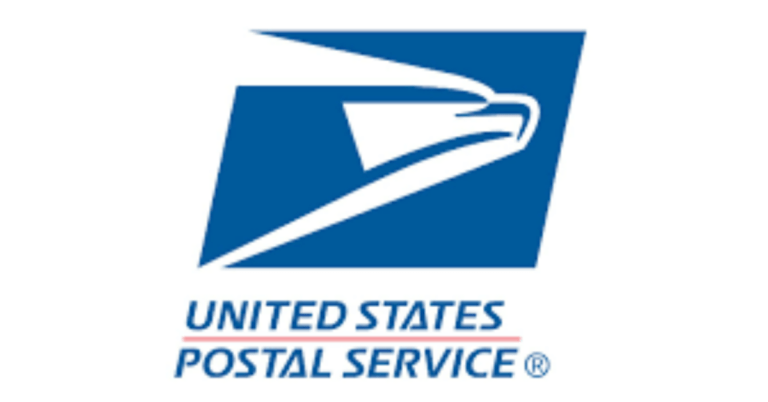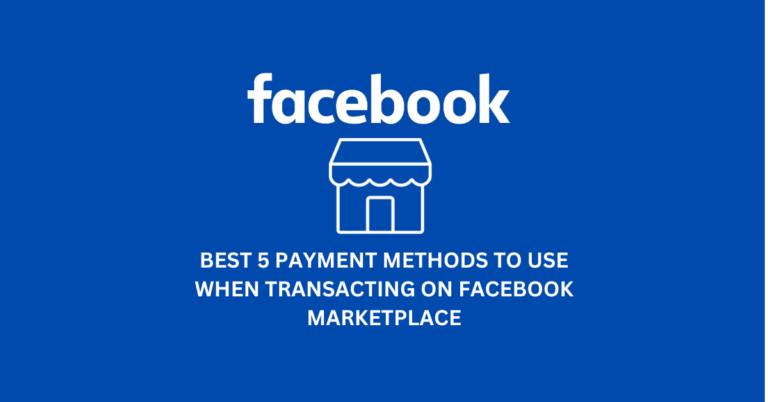Does Facebook Marketplace Charge Fees?

Does Facebook Marketplace Charge Fees? – Facebook Marketplace, the popular online platform for buying and selling products, has become a go-to destination for many individuals and businesses looking to reach a vast audience. As a seller, one of the key questions you might have is: Does Facebook Marketplace charge fees?
The short answer is yes, Facebook Marketplace does charge fees to sellers. However, the fee structure is relatively straightforward and can be broken down into several components.
Read: How to Request Seller Verification on Facebook Marketplace – FB Marketplace
Insertion Fees
One of the Facebook Marketplace fees that sellers should be aware of is the insertion fee. Fortunately, Facebook Marketplace does not charge any insertion fees, meaning you can list as many items as you want without incurring additional costs. This is a significant advantage over other e-commerce platforms that often charge listing fees.
Subscription Fees
Another Facebook Marketplace fee to consider is the subscription fee. Unlike some other marketplaces, Facebook Marketplace does not require sellers to pay any monthly or annual subscription fees to use the platform. This makes it an attractive option for small businesses and individual sellers who are looking to minimize their overhead costs.
Shipping Fees
While Facebook Marketplace does not charge any shipping fees directly, sellers may need to account for the cost of shipping when setting their product prices. If a customer purchases an item that requires shipping, the seller will be responsible for covering the shipping costs, which can vary depending on the item’s weight, dimensions, and the chosen carrier.
Selling Fees
The most significant Facebook Marketplace fee that sellers need to consider is the selling fee. Facebook Marketplace charges a 5% selling fee on each transaction, or a flat fee of $0.40 for shipments of $8.00 or less. This fee is automatically deducted from the seller’s payout, so it’s essential to factor it into your pricing strategy to ensure you’re still making a profit.
Chargeback Fees
In addition to the selling fees, Facebook Marketplace also charges chargeback fees in cases where a buyer files a chargeback. This means that if a customer disputes a transaction and requests a refund, Facebook Marketplace may hold the transaction amount until the issue is resolved, potentially resulting in additional fees for the seller.
Strategies for Navigating Facebook Marketplace Fees
Now that you understand the various Facebook Marketplace fees, it’s time to explore strategies for effectively navigating them and maximizing your profits.
Price Optimization
One of the key strategies is price optimization. By carefully considering the Facebook Marketplace fees, shipping costs, and your desired profit margins, you can set competitive prices that attract buyers while still ensuring a healthy bottom line.
Leveraging Dropshipping
Another effective strategy is to leverage dropshipping when selling on Facebook Marketplace. Dropshipping allows you to outsource the storage, packaging, and shipping of your products, which can help you minimize your overhead costs and maximize your profits.
Utilizing Automation Tools
To streamline the process of managing Facebook Marketplace fees and pricing, consider using automation tools like AutoDS. These tools can help you automatically calculate the appropriate selling prices, taking into account the various fees and your desired profit margins.
Are there any Exemptions to Facebook Marketplace Fees
Yes, there are exemptions to Facebook Marketplace fees. Resellers who use Facebook’s program for waived selling fees may be eligible for exemptions from certain charges associated with selling on the platform. This program allows resellers to potentially avoid specific fees that would typically apply to sellers on Facebook Marketplace.
What is the Process to Apply for Facebook’s Waived Selling Fees
To apply for Facebook’s waived selling fees, sellers need to negotiate with buyers and collect payments directly or sell products locally. When selling globally and using Facebook’s payment system, a selling fee is charged on each sale, including taxes and shipping costs.
This fee is deducted once payment is received and is non-refundable if a customer requests a refund. Sellers can benefit from waived charges on specific dates like holidays, increasing their profit margins. Sellers should monitor announcements from Facebook regarding fee waivers to take advantage of these opportunities.
Conclusion
Facebook Marketplace does charge fees to sellers, including selling fees, chargeback fees, and potential shipping costs. However, by understanding the fee structure and implementing strategic pricing and fulfillment methods, sellers can effectively navigate the Facebook Marketplace fees and maximize their profits on the platform.






